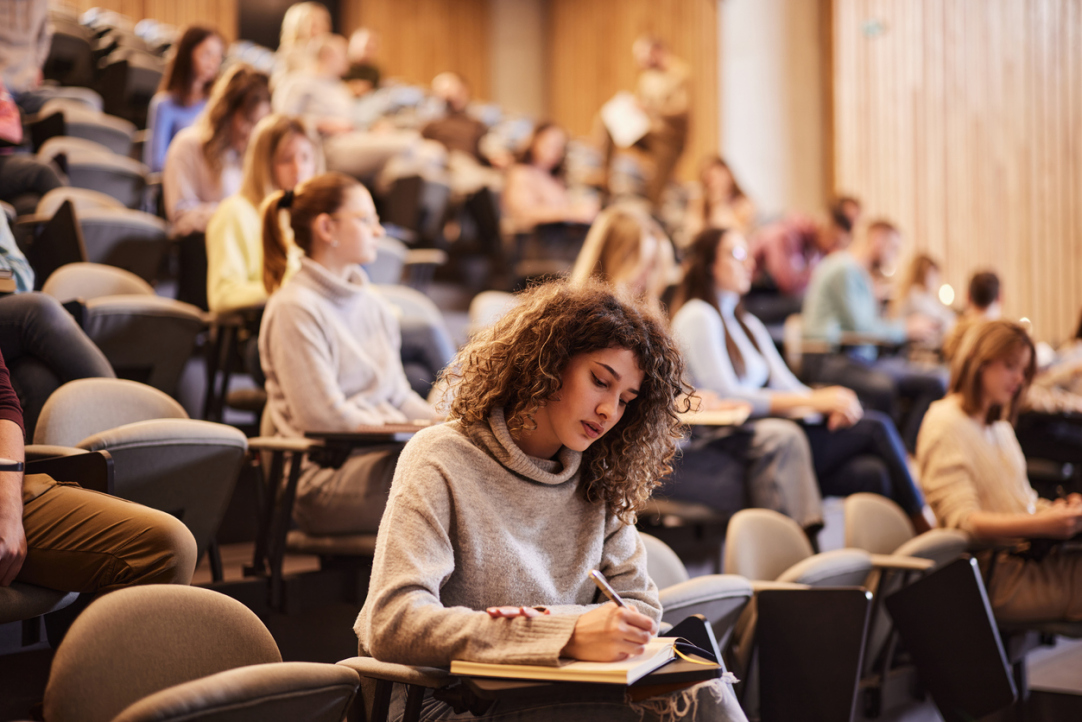
Education System Reforms Led to Better University Performance, HSE Researchers Find
A study by researchers at the HSE Faculty of Economic Sciences and the Institute of Education have found that the number of academic papers published by research universities in international journals has tripled in the past eight years. Additionally, universities have developed more distinct specialisations. Thus, sectoral universities specialising in medical, pedagogical, technical, and other fields are twice as likely to admit students to target places. The study has been published in Vocation, Technology & Education.
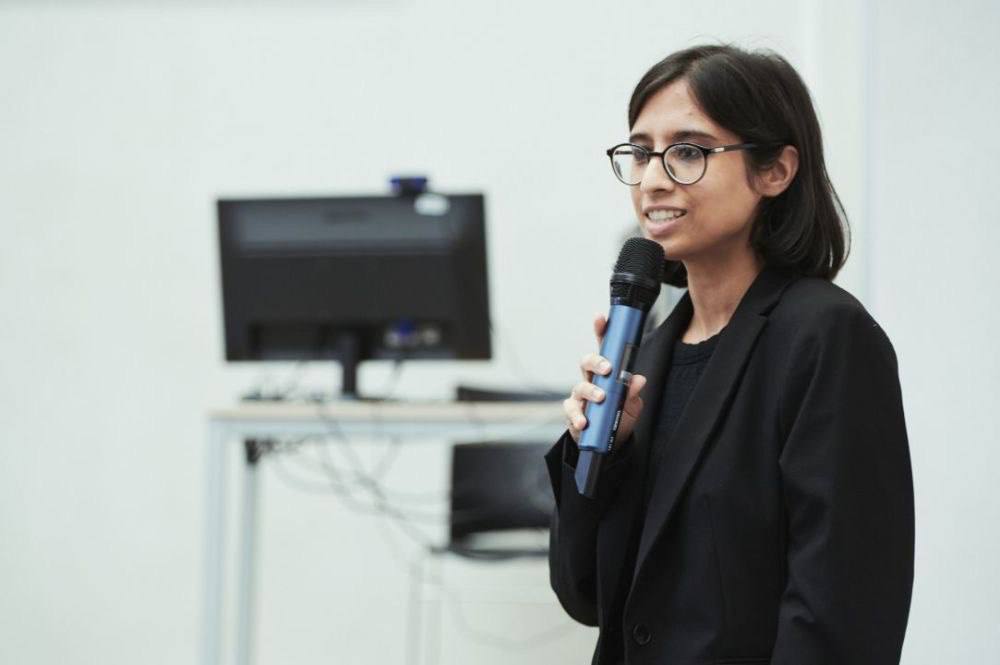
‘New Ideas Can Always Emerge, and We Should Be Open to Them’
The Bachelor’s programme ‘International Relations and Global Studies’ strives to attract the best professors in their field from all over the world. One such professor is Nivedita Kappor, who teaches the course ‘The Theory of International Relations.’ Nivedita spoke to the programme’s press centre about her career path, scientific interests, and experience of teaching the course.

HSE Foresight Centre's Work Praised by United Nations
The HSE Foresight Centre has been featured in a report by the United Nations Secretary-General as a successful example of a centralised approach to technology foresight. The document was prepared for the twenty-eighth session of the Commission on Science and Technology for Development, which is the United Nations’ focal point for technology foresight and technology assessment.
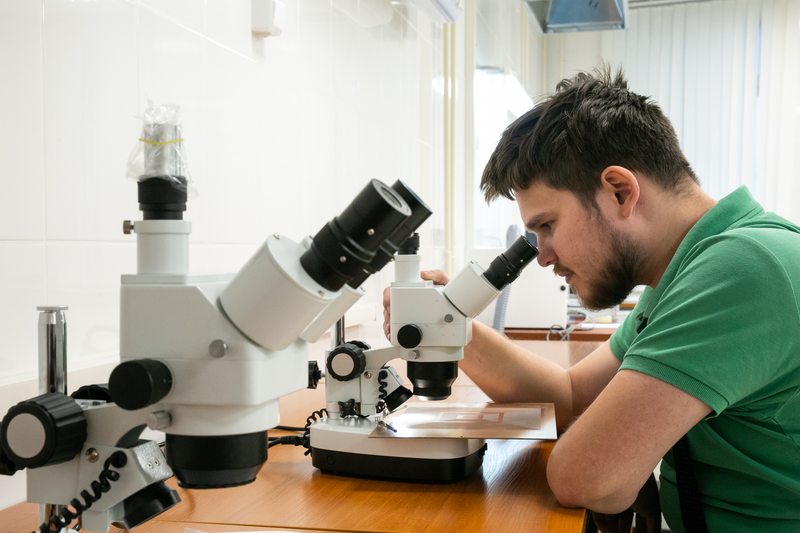
Winners of New RSF Awards Include Projects from Four Campuses of HSE University
The Russian Science Foundation has completed its review of projects submitted for grants to support fundamental and exploratory research by teams, as well as 2022 grant winners applying for project extensions. In addition, interdisciplinary projects for fundamental and exploratory research awarded under the Presidential funding programme have been announced. Projects awarded under each of the three categories include submissions from researchers at all four campuses of HSE University.

Nowruz at HSE University–St Petersburg: Spring Festival Unites Representatives of Various Cultures
The HSE building on Griboyedova Canal Embankment hosted an event devoted to Nowruz—an ancient Eastern festival symbolising the beginning of a new year and renewal of nature. Students of various universities from Pakistan, India, Iran, Uzbekistan, Afghanistan, and Azerbaijan shared their distinctive local traditions, festive decorations, and national cultural practices.

Scientists Record GRB 221009A, the Brightest Gamma-Ray Burst in Cosmic History
A team of scientists from 17 countries, including physicists from HSE University, analysed early photometric and spectroscopic data of GRB 221009A, the brightest gamma-ray burst ever recorded. The data was obtained at the Sayan Observatory one hour and 15 minutes after the emission was registered. The researchers detected photons with an energy of 18 teraelectronvolts (TeV). Theoretically, such high-energy particles should not reach Earth, but data analysis has confirmed that they can. The results challenge the theory of gamma radiation absorption and may point to unknown physical processes. The study has been published in Astronomy & Astrophysics.
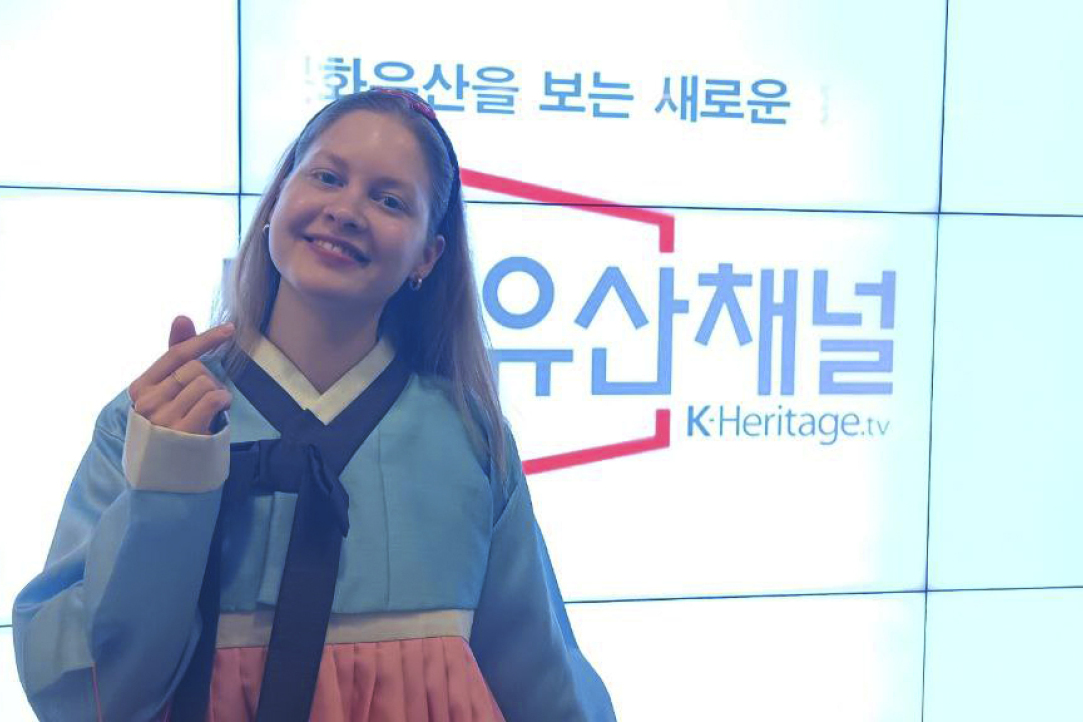
‘Asia Is Fascinating, Rich in Culture, and Expanding in Economic and Political Significance’
Anastasia Baschlykoff is a German citizen who recently enrolled at HSE University to pursue her love of Korean studies. As a student of the Double Degree Programme in Economics and Politics in Asia, she is gaining insight into Asian politics, culture, history, and language, and will spend the third year of the programme on an exchange at Kyung Hee University. In her interview with the HSE News Service, Anastasia explains how the programme aligns with her career plans, considers the potential for collaboration with Asian countries, and shares how life in Russia has managed to surprise her.
-04.jpg)
HSE University Starts Application Process for Online Master’s Programmes
On April 1, 2025, the admissions campaign for 32 online master's programmes at HSE University's online campus began. Five of these programmes are being launched for the first time, while another five are delivered entirely in English. Read on to learn more about the fully online programmes available.
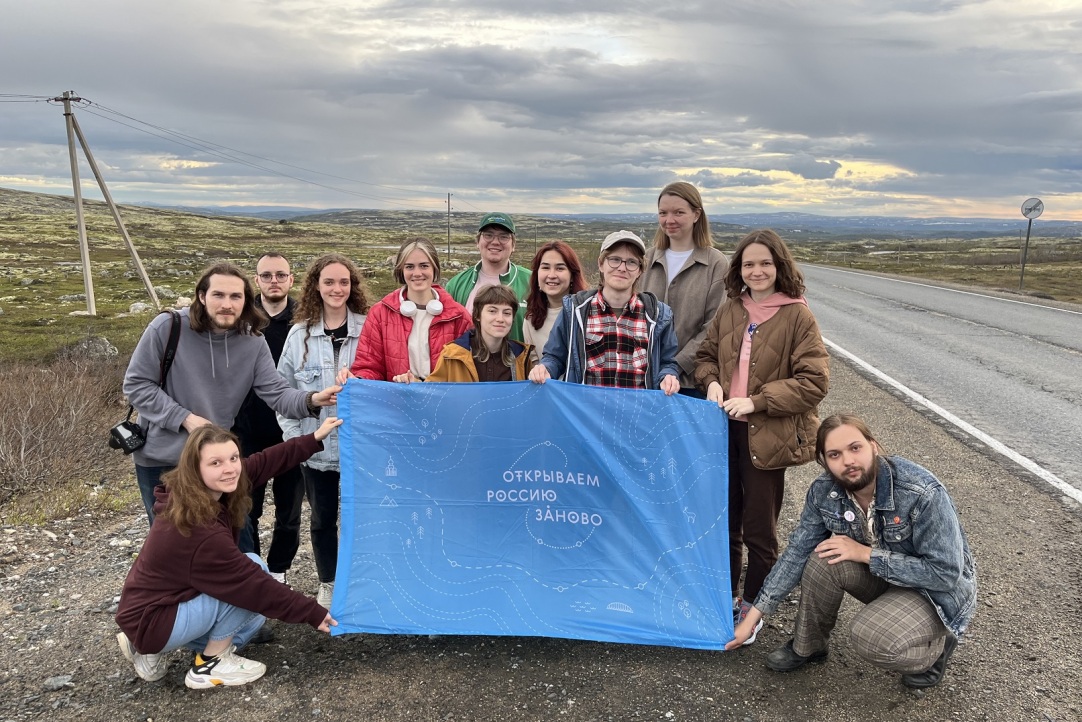
‘Rediscovering Russia’ Student Research Expedition Now Open for Applications
A new expedition season has begun as part of the Rediscovering Russia project. Students from all degree programmes, disciplines, and campuses of HSE University are eligible to take part. As a result, each participant may not only earn additional academic credits, but also gain valuable practical experience, develop useful skills, and contribute to the development of Russia’s regions.
%20%D0%B1%D0%B5%D0%B7%20%D0%BE%D1%87%D0%B8%D1%81%D1%82%D0%BA%D0%B8%20%E2%80%94%20%D0%BA%D0%BE%D0%BF%D0%B8%D1%8F.jpg)
Chemists Simplify Synthesis of Drugs Involving Amide Groups
Chemists from HSE University and the Nesmeyanov Institute of Organoelement Compounds of the Russian Academy of Sciences (INEOS RAS) have developed a new method for synthesising amides, essential compounds in drug production. Using a ruthenium catalyst and carbon monoxide under precisely controlled reaction conditions, they successfully obtained the target product without by-products or complex purification steps. The method has already been tested for synthesising a key component of Vorinostat, a drug used to treat T-cell lymphoma. This approach could lower the cost of the drug by orders of magnitude. The paper has been published in the Journal of Catalysis. The study was supported by the Russian Science Foundation.


Registration deadline - April 30